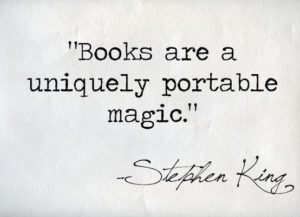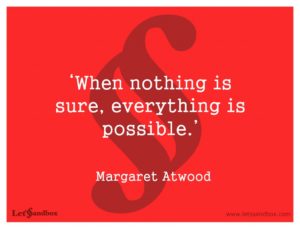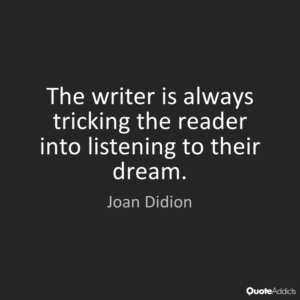People at my health club often ask me “What are you working on?” or “Are you writing another book?” This happens even if I’ve just published a book. and it was covered in the local newspapers and on local radio.
When I say “I’m always working on something,” most people look bemused. It probably sounds too vague, or maybe they think it’s an excuse, a cover for the fact that I’m not actually writing anything at all.
But it’s the truth. I never stop writing. I don’t need a PC, tablet, legal pad, Post-it notes or anything physical to write. Once I have an idea, it settles into whatever part of my brain has become Lev Raphael, Inc. and has its own independent life. Sometimes it has Casual Fridays or staycations, but that company is busy 24/7.
 Watching a movie or TV show, I’m not a passive viewer. I rewrite dialogue in my head and sometimes say it out loud (only at home). When I caught an episode of The White Princess, I winced when two characters in Tudor England said to someone whose daughter had died, “I’m sorry for your loss.” That struck me as way too 2018, and Lev Raphael, Inc. was thinking of ways the show’s writers could have expressed the thought with a less 21st century feel: “Your loss grieves me” or maybe “I mourn for your loss.”
Watching a movie or TV show, I’m not a passive viewer. I rewrite dialogue in my head and sometimes say it out loud (only at home). When I caught an episode of The White Princess, I winced when two characters in Tudor England said to someone whose daughter had died, “I’m sorry for your loss.” That struck me as way too 2018, and Lev Raphael, Inc. was thinking of ways the show’s writers could have expressed the thought with a less 21st century feel: “Your loss grieves me” or maybe “I mourn for your loss.”
Dialogue that misses the mark makes me think harder about the dialogue in whatever book I’m working on.
Of course, I enjoy it more when the dialogue is memorable, and that’s one reason I’ve watched Scandal. It’s showcased characters each episode by giving them moments where they go off and repeat themselves in various ways with different emphases. Sometimes the feel is comic, sometimes it’s threatening or even grotesque, sometimes it’s all of that–and it’s always entertaining.
On Scandal the character playing Attorney General David Rosen once actually brought a human head in a box to his ex-girlfriend’s apartment, asking her to store it briefly in her freezer or fridge. She was incredulous and demanded to know why the powerful, shady character Rowan had given it to him. Hapless Rosen said it was because he needed a DNA sample to track down a deceased villain. While the box sat in his lap, he explained:
That man terrifies me, I was not about to argue. He gives me a head, I say thank you for the head. I take the head and I go, right?
I had DVR’d the episode, so I replayed this a few times. His lines made me take mental notes about a character in an extreme situation not responding with panic, but acting almost normally while reporting something completely bizarre. The contrast between the box and how he spoke about it was highly instructive: Lev Raphael, Inc. opened another file…..
Lev Raphael is the prize-winning author of 25 books in genres from mystery to memoir, including, Writer’s Block is Bunk, a guide to the writing life. You can study creative writing with him on line at www.writewithoutborders.com.





